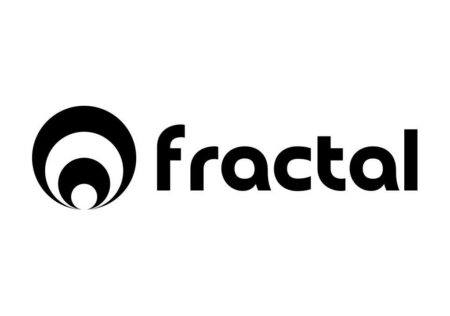The Wall Street Journal (WSJ) recently released alarming results of its internal investigation of 46 cryptocurrency exchanges that are allegedly facilitating illicit financial activity. It focused on ShapeShift, a prominent Swiss-registered, US-based crypto-asset exchange.
The venerable American news outlet alleged that nearly $9 million worth of illicit funds flowed through ShapeShift, more than any other single exchange it was tracking for its investigation, out of a total of $88.6 million of suspect funds since 2016. The WSJ emphasized that it believes this is just a “narrow slice” of the overall amount of illicit money channeled through crypto-asset exchanges.
Monero (XMR), the largest privacy-focused cryptocurrency by market cap, was also highlighted in the report for its role in anonymizing illicit funds before these are sent to exchange, or before they’re laundered for fiat money. The article also conveyed an image of ShapeShift’s founder and CEO, Erik Voorhees, as being staunchly anti-government libertarian.
Erik Voorhees himself responded to the WSJ on Twitter. He claimed the repot was “poorly-researched,” and added its claims were misleading as the authors “cherry-picked data.” Per Voorhees, about 0.2% of ShapeShift’s volume was related to illicit activities, while global money laundering through banks is at 2-5%.
1/2 We are aware of the poorly-researched piece written against us by someone at WSJ. The implications are disingenuous and misleading. pic.twitter.com/IIyOjactGk
— Erik Voorhees (@ErikVoorhees) September 28, 2018
The WSJ report comes on the heels of a choppy month for ShapeShift, after both cancelling plans for their new “Prism” portfolio service, and moving away from their previous anonymous model and toward a mandatory sign-up model. The report corroborates suspicions that ShapeShift’s new policy was implemented specifically in fear of future government regulation of crypto-assets.
Veronica McGregor, ShapeShift’s new chief legal advisor and a featured source in the report, asserted the membership change was “not in response to any regulatory enforcement action”. The Journal — as they refer to themselves — quoted Ms. McGregor as saying “Just because it’s the personal philosophy of the CEO doesn’t mean that’s how the business is going to be run …. [h]e’s not pro-money-laundering”, “it” presumably referring to Mr. Voorhees’ outspoken preference for anonymity.
Many in the crypto “space” were disappointed — to say the least — with ShapeShift’s recent decision to move to a members-only model. Andreas Antonopoulos, one of the crypto-space’s most vocal and erudite voices, lamented after ShapeShift’s move:
Very disappointed that @ShapeShift_io is implementing KYC.
Just goes to show that any centralized entity will be pushed in that direction, which is why LN, atomic swaps and Decentralized Exchanges are the only way to resist surveillance economics.
— Andreas M. Antonopoulos (@aantonop) September 5, 2018
Curiously another cryptocurrency trading platform has recently come under fire for its KYC/AML checks. As CryptoGlobe covered, Changelly revealed it may withhold users’ XMR if a transaction is deemed “high risk.”
A recent (2016) FBI post on its website alleged that over $300 billion is laundered every year through US channels.









